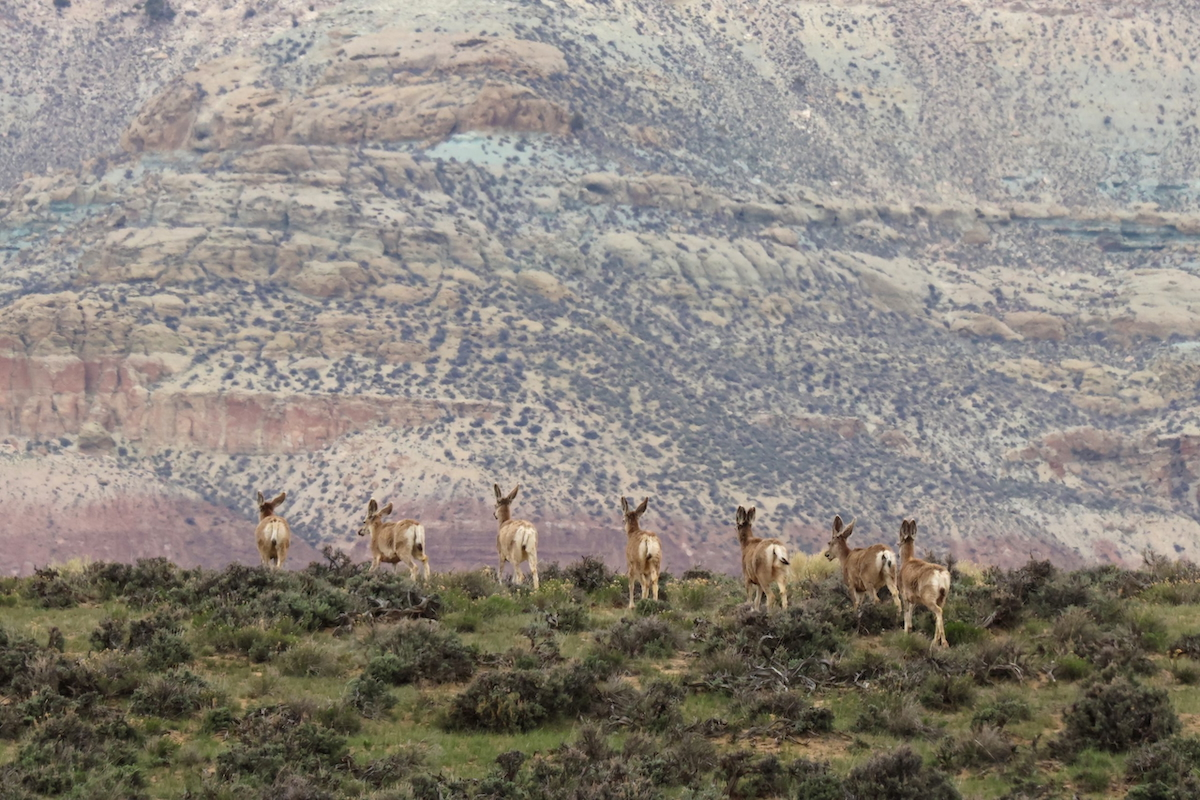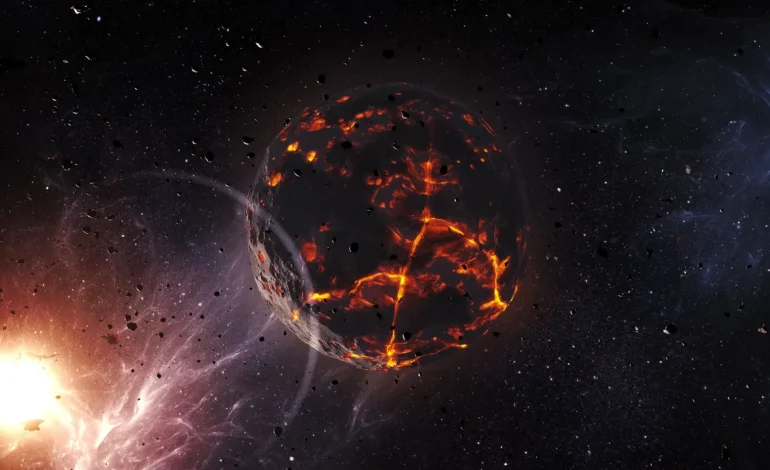New observations from the James Webb Space Telescope suggest that a distant planet may have been consumed by its parent star in a rare event scientists are calling the first possible example of “planetary suicide,” Wired reports.
Two years ago, astronomers recorded a bright nova 12,000 light-years away using the Gemini South Observatory. Initially, it was believed that the event marked a typical red giant star engulfing a nearby planet—a known stage in stellar evolution when stars exhaust their hydrogen and expand massively. However, fresh data from the James Webb Space Telescope has led researchers to a different conclusion: the star in question remains in its main sequence phase, still fusing hydrogen, indicating it has not yet begun expanding into a red giant.
According to a study recently published in the Astrophysical Journal, the nova may have been caused by a Jupiter-sized planet plunging directly into its host star. Spectroscopic analysis, conducted more than two years after the peak brightness, revealed key changes in the star’s light and surrounding dust, strengthening the case for a planetary collision.
The researchers propose that over millions of years, gravitational forces—similar to the tidal effects Earth experiences from the Moon and Sun—gradually drained energy from the planet’s orbit, causing it to spiral inward until it was ultimately destroyed by the star’s outer layers. The planet was believed to have orbited at a distance comparable to Mercury’s position in our own solar system.
While the idea of planets being consumed by stars is not new—our own Sun is expected to eventually engulf Mercury and Venus in about five billion years—this would mark the first time scientists have potentially observed a planet voluntarily falling into its star while the star remains young.
However, the explanation is not universally accepted. Some experts suggest that the star’s apparent youth might be misleading, possibly due to a dense dust cloud masking its true age. If this is the case, the nova could have a different origin.










The latest news in your social feeds
Subscribe to our social media platforms to stay tuned